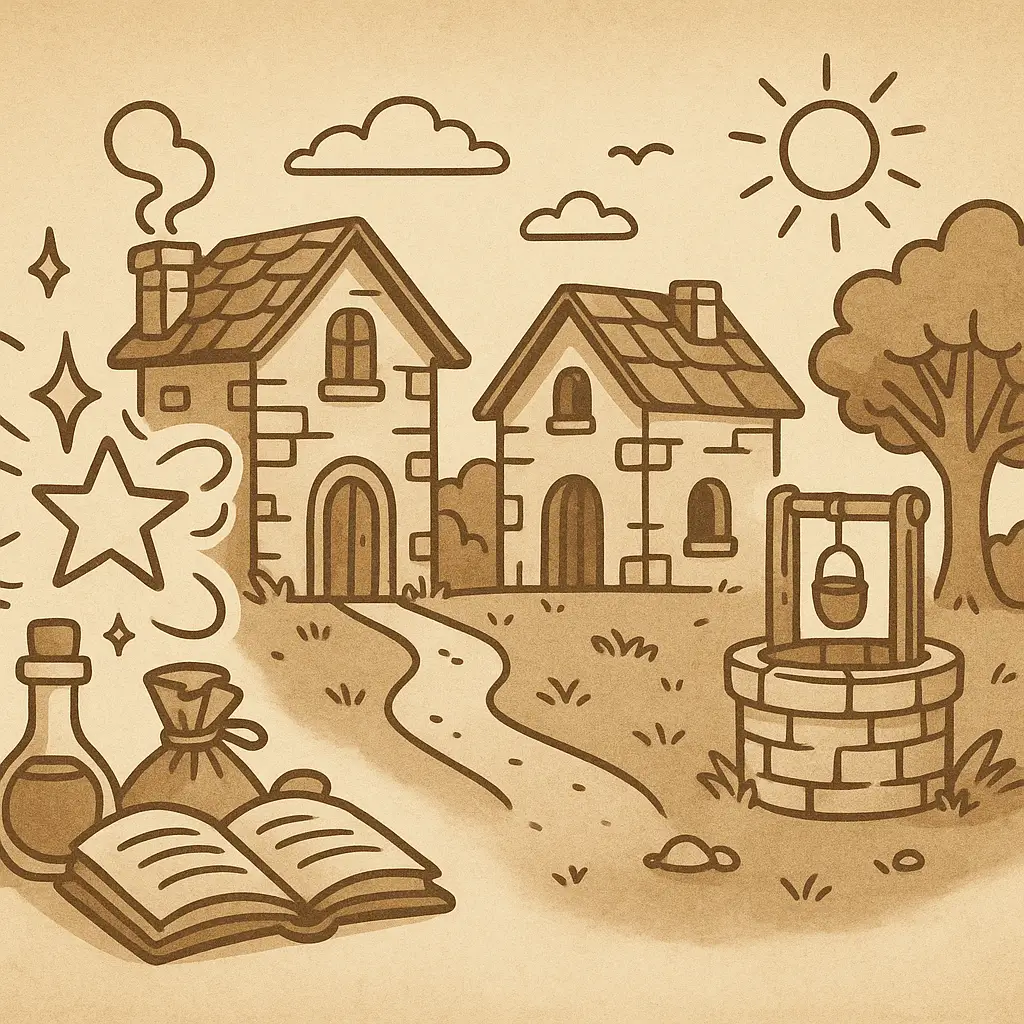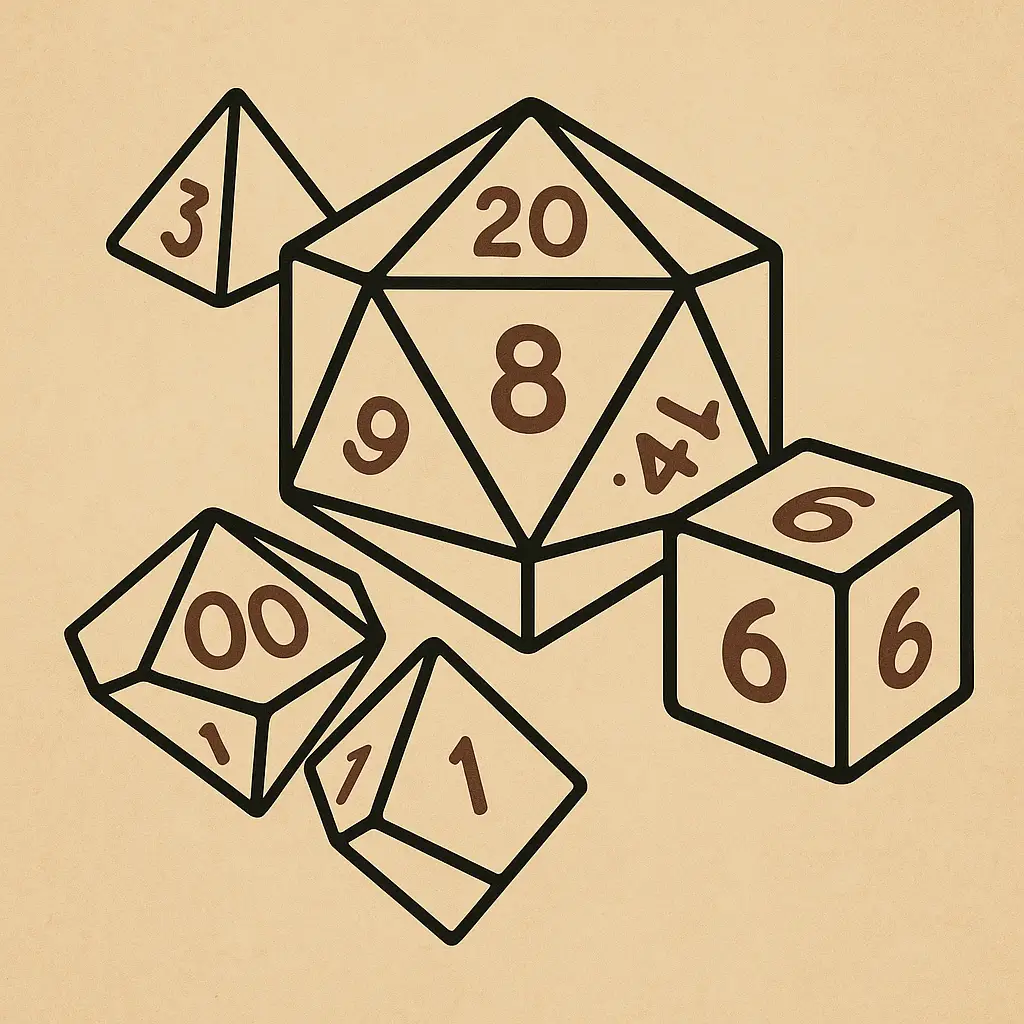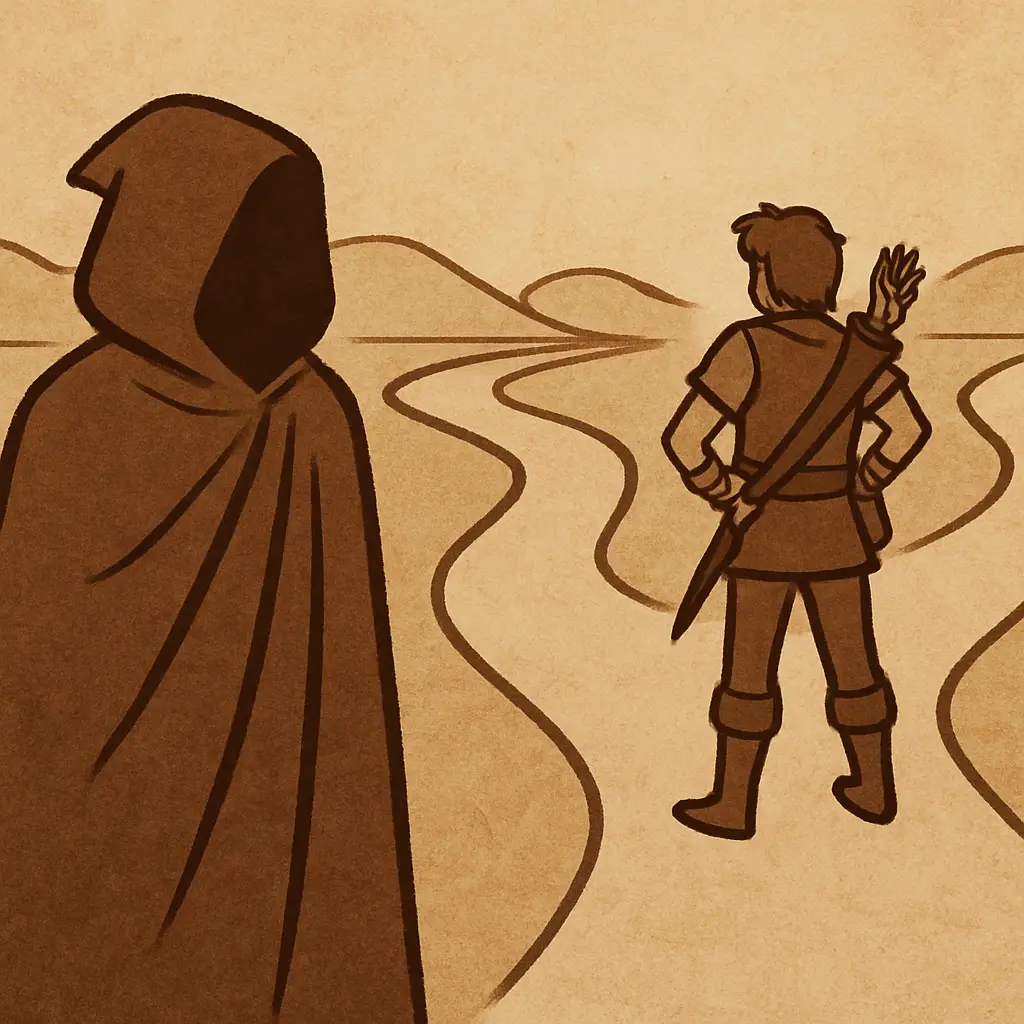A worldbuilding deep dive into societies where magic is less mysterious and more mechanical
In most fantasy settings, magic is wondrous. It’s the spark behind legends, the force feared by kings, the whispered art of secluded sorcerers.
But what if it weren’t?
What if spells were not rare or revered—but routine?
What if magic were not the domain of mysterious sages—but taught in schools, used in shops, and regulated by bureaucrats?
Welcome to a world where magic is mundane—and the results are anything but boring.
Today on RPGInquisitor, we’re diving deep into how to worldbuild a society where magic is common, and how to make that world feel rich, grounded, and narratively juicy.
🧠 The Core Premise: Magic as Infrastructure
To make magic feel mundane, you must first decouple it from mystery.
Instead of a mystical force only accessible by rare bloodlines or divine favor, treat it like:
- A utility
- A trade skill
- A form of advanced tech
- A legal profession
If people can learn magic like plumbing or accounting, you’ve already shifted the tone.
Now, let’s build that world.
🛠 Step 1: Determine the Reach and Regulation
Ask:
- Who can use magic? (Anyone with training? Only guild-certified mages?)
- How is it taught? (Universities? Apprenticeships? Mass-market manuals?)
- Is it licensed or restricted? (Laws for necromancy? Age limits for teleportation?)
Example Settings:
- A nation where every household has at least one minor spellcaster
- A city where all children are tested for magical aptitude by age seven
- A region where spellcasters must register with a governmental Arcane Registry or face penalties
The more widespread magic is, the more rules and institutions will form around it.
📦 Step 2: Magic in the Marketplace
In a magical economy:
- Enchanters run artisan workshops, selling alarm charms or self-warming mugs
- Healers are paid hourly for minor spell treatments
- Scroll sellers flood the streets like modern-day copy shops
- Wizards rent out their cantrips as freelance laborers
Questions to explore:
- Is spellcasting taxed?
- Is there magical copyright law?
- Are there “budget” or “bootleg” spells?
Fun Twist:
Some spells may become outdated or recalled. “Oh, don’t use Varkspark™—they banned it after that tavern incident.”
💼 Step 3: Magic in Labor and Logistics
Forget fireballs. Think forklifts.
In a magic-integrated world:
- Mending spells keep infrastructure intact
- Prestidigitation handles most household cleaning
- Message spells replace couriers or phones
- Levitate replaces cranes
- Water spells keep crops growing in droughts
The average citizen might never fight a troll, but they probably know a few utility spells for daily life.
This raises great roleplay questions:
- What happens when the local magic guild goes on strike?
- What if someone hacks magical communications?
- Do magic-powered industries have unions?
🧾 Step 4: Cultural Shifts and Social Etiquette
If magic is normal, social norms shift accordingly.
Examples:
- Eye-contact during Detect Thoughts is considered a trust gesture
- A family tradition might involve minor illusion shows at dinner
- Arcane tattoos are status symbols tied to magical education
- Wearing a silence charm to a funeral is respectful
You can even mirror real-world tech fears:
- Magical surveillance sparks protest
- Public concern over spellcasting near schools
- Social taboos about “divination addiction”
🧙 Step 5: Magical Professions Beyond Adventuring
If magic is accessible, many people will use it outside of danger.
Ideas for professions:
- Arcane Arborists who use growth spells on crops
- Dream Weavers who script pleasant dreams for clients
- Ritual Brokers who coordinate large-scale spellcasting (e.g. for weather control)
- Memory Surgeons who selectively erase or restore thoughts
- Wardsmiths who install home protection glyphs
And don’t forget:
- Magically enhanced construction
- Spells for scenting, flavoring, or aging food
- Charm-based cosmetics
🧩 Step 6: Spellcasting as a Social Class Indicator
Even if magic is common, not everyone casts equally.
Consider:
- Class divides between trained casters and hedge-mages
- Magical certification as a requirement for high-status jobs
- Cultural disdain for “dirty magic” (utility spells) versus “refined magic” (rituals, enchantments)
- Magic schools as elite institutions (or battlegrounds for reform)
Worldbuilding Hook:
What happens when a powerful spellcaster arises from an unlicensed, working-class background?
🏛 Step 7: Politics and Magical Power
Magic reshapes political power structures.
Ask:
- Do leaders wield magic themselves?
- Is magical ability a prerequisite for office?
- Are there arcane lobbying groups or magical corporations?
Imagine:
- A parliament with diviners who vote based on glimpses of potential futures
- A monarchy bound to a magical artifact that literally won’t let them lie
- An underground movement resisting magical overreach
Magic isn’t just a tool—it’s a force that people will try to monopolize, regulate, or democratize.
🛡 Step 8: Magical Crime and Law Enforcement
Where magic is common, so is magical crime.
- Charm-based pickpocketing
- Enchanted black-market goods
- Spell smuggling
- Glyph-tagging rival gangs
- Using Disguise Self to impersonate public officials
In response, cities develop:
- Anti-magic wards in government buildings
- Magebeat cops trained to detect arcane residue
- Runic courtrooms where spells reveal lies—or create them
Campaign Hook:
The party is hired to track an illegal spell that spreads from user to user like a magical virus.
🧠 Step 9: Magic as a Mundane Burden
It’s not all sparkle.
Common magic leads to:
- Energy crises (what fuels high-level spells?)
- Arcane pollution (residual effects on nature or fauna)
- Overreliance on magic (“What do you mean the lights are out?”)
- Cultural stagnation (“Why learn math when you can calculate with a spell?”)
You can add a layer of melancholy or satire to your world.
What if no one writes by hand anymore because MageScript does it faster?
What if a culture’s magical golden age has made them arrogant, lazy, or vulnerable?
🎲 Using Mundane Magic in Gameplay
For GMs:
- Add minor magical conveniences to shops, inns, and guilds
- Let magic replace or alter parts of everyday travel and communication
- Use magical labor systems to create world texture without needing combat
For Players:
- Think about how your character grew up around magic (Did they take it for granted? Were they denied access?)
- Use utility spells creatively, even when they seem boring
- Interact with magical institutions, guilds, and bureaucracy
Sometimes the most fun spell isn’t Fireball—it’s Mage Hand holding your hat on during a carriage chase.
✍️ Sample Setting Snippets
🏙 “The City of Everlight”
A metropolis powered by permanent Light spells maintained by municipal wizards. The city hasn’t seen darkness in 300 years—but now, something’s slowly dimming the glow.
🌾 “The Farmlands of Alun”
Agrarian towns use ritualized Weather Control for seasonal rains, but a feud between rival druidic cooperatives threatens the spring harvest.
📚 “The Vault University”
An elite academy trains spellcasters for practical roles: spell-accounting, glyph-engraving, and magical litigation. The party is hired to protect a professor who’s about to publish something… disruptive.
🧠 Final Thoughts: Mundane Doesn’t Mean Boring
Making magic mundane doesn’t make it less magical.
It grounds your world.
It complicates your society.
It gives you story hooks, humor, politics, and realism—with arcane flavor.
So go ahead:
- Put magic on the market shelf.
- Let it fuel the plumbing.
- Let your world run on spells the same way ours runs on wires, apps, and caffeine.
And when your players shrug at Light but gasp at the ethics of Memory Editing™, you’ll know:
Your magic is more than flashy.
It’s alive.


